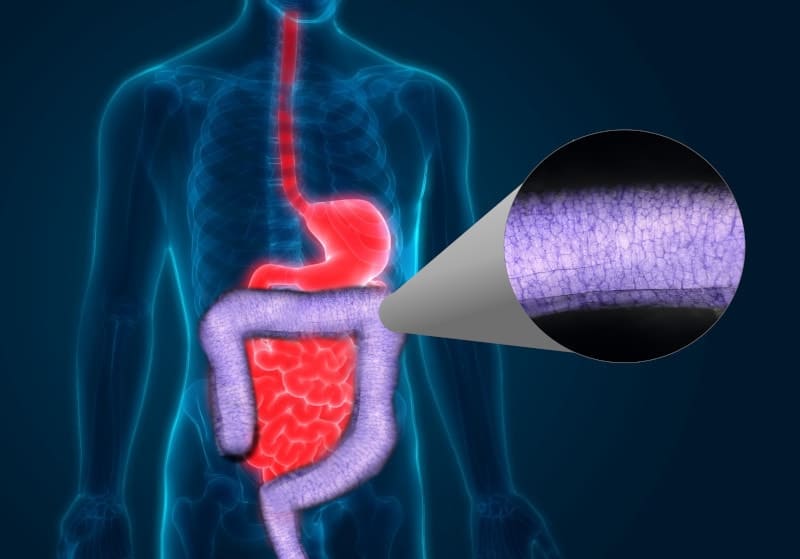Our “little brain in the gut” is more important than we thought
We likely all listen to our “gut feelings” from time to time, but maybe not all of us know that we actually have a “second brain” in our gut, which can function independently of our “first” brain.
By Anita Annahazi
The nervous system of the gut, the so-called enteric nervous system, spreads from the mouth to the anus and consists of several hundreds of millions of neurons organized in a net-like structure. It regulates muscle movements in our esophagus, stomach and bowels, and controls the secretion of fluids and the absorption of nutrients. It also surveys the function of the gut’s immune system.
The enteric nervous system can operate independently, but has several connections to the brain, which can modulate its function. One of the first clues pointing to the existence of our second brain came when researchers at the end of the 19th century noticed that a piece of gut is able to perform coordinated movements even after it has been removed from the body.
A recent review, published in Neuroforum, explains that the second brain is almost as essential for survival as the first. An example of this can be seen in Hirschsprung’s disease, a congenital condition in which the enteric nervous system in either one segment or the whole length of the large intestine is missing. Babies born with this condition are not able to survive, in most cases, without an operation to remove the affected gut segment. Recently, researchers were able to implant stem cells into the gut in animal experiments, which created functional neurons, highlighting a potential future treatment for Hirschsprung’s disease.

It is already known that our second brain plays a role in numerous gastrointestinal diseases, like irritable bowel syndrome. Lately, it has been recognized that the enteric nervous system is involved in several other disorders, which were previously considered to involve the central nervous system. One of the most interesting examples is Parkinson’s disease, where many researchers suspect that the disease starts with a pathogen in the gut, which causes irreparable changes in the folding of certain proteins. This erroneous folding is thought to spread to the brain through the main nerve connecting the gut and brain, the vagal nerve.
The enteric nervous system has also been implicated in multiple sclerosis, autism and some types of cancer. “This field of research is developing with a fascinating speed in the last decades. We believe that many mysteries about our little brain in the gut will be solved and hopefully new therapeutic options will emerge in the near future”, the authors say.
To find out more, read the original article here: